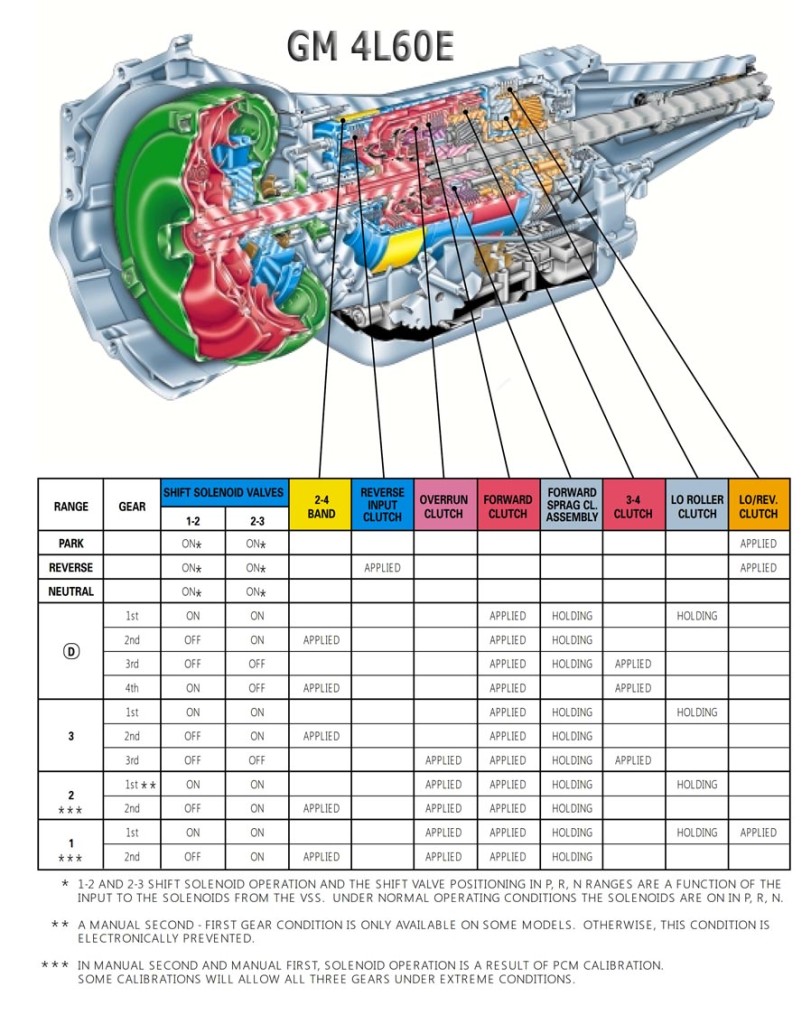When it comes to understanding the inner workings of a vehicle’s transmission system, having access to a detailed wiring diagram is crucial. The Gm 4l60e Transmission Wiring Diagram provides a visual representation of the electrical connections within the transmission, allowing mechanics and technicians to troubleshoot issues, make repairs, and perform maintenance effectively.
Why Gm 4l60e Transmission Wiring Diagram are essential
- Helps identify and locate electrical components within the transmission
- Guides technicians in diagnosing electrical problems
- Aids in understanding the transmission’s wiring configuration
- Ensures proper installation of new components or upgrades
How to read and interpret Gm 4l60e Transmission Wiring Diagram effectively
Reading and interpreting a Gm 4l60e Transmission Wiring Diagram may seem daunting at first, but with some guidance, it can be a valuable tool for any mechanic. Here are some tips:
- Identify the key components and their corresponding symbols
- Follow the flow of the electrical connections from one component to another
- Pay attention to color codes and labels for wires and connectors
- Refer to the legend or key for any abbreviations or special symbols used
How Gm 4l60e Transmission Wiring Diagram are used for troubleshooting electrical problems
When faced with electrical issues in a Gm 4l60e transmission, the wiring diagram can be a lifesaver. Here’s how it can help:
- Pinpoint the source of the problem by tracing the electrical path
- Identify faulty connections, damaged wires, or malfunctioning components
- Compare the actual wiring with the diagram to spot discrepancies
- Guide the technician in testing and diagnosing electrical circuits
Working with electrical systems, including using wiring diagrams, can be risky if proper safety precautions are not followed. It is essential to prioritize safety when dealing with any transmission wiring. Here are some safety tips:
- Always disconnect the battery before working on any electrical components
- Use insulated tools to prevent electrical shocks
- Avoid working on wet or damp surfaces to prevent electric shock
- Refer to the vehicle’s service manual for specific safety guidelines
Gm 4l60e Transmission Wiring Diagram
Gm 4l60e Transmission Wiring Diagram

Schematic 4l60e Transmission Wiring Diagram

Schematic 4l60e Transmission Wiring Diagram

Transmission repair manuals 700R4 (4L60E, 4L65E ) | Instructions for

4l60e Transmission 4l60e Neutral Safety Switch Wiring Diagra

Schematic 4l60e Transmission Wiring Diagram
